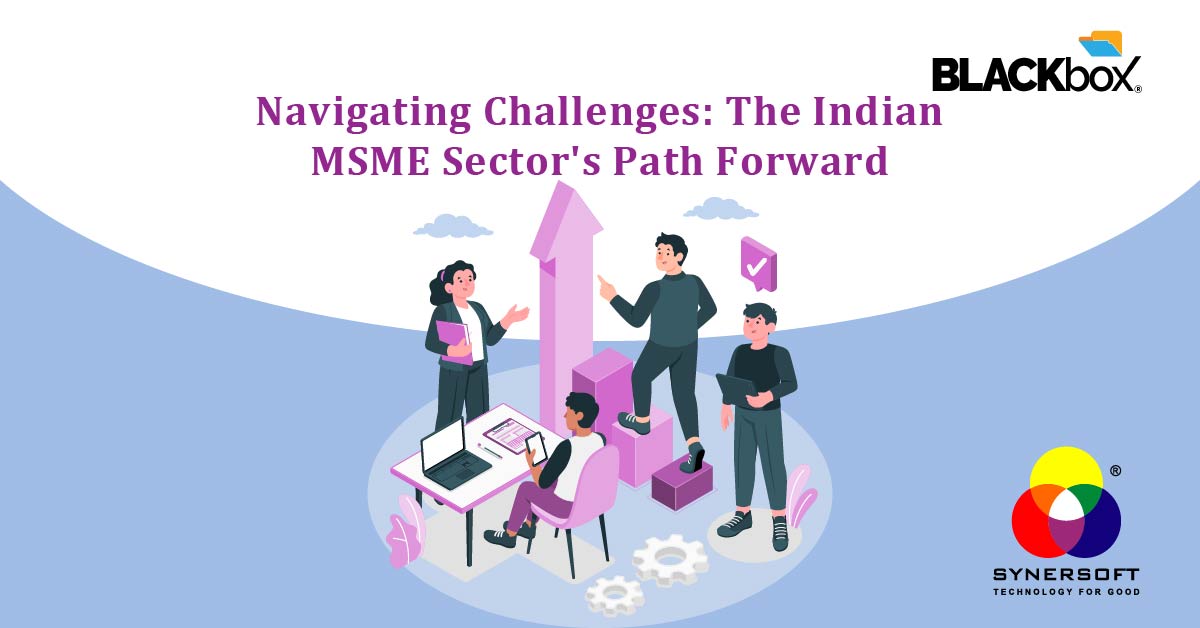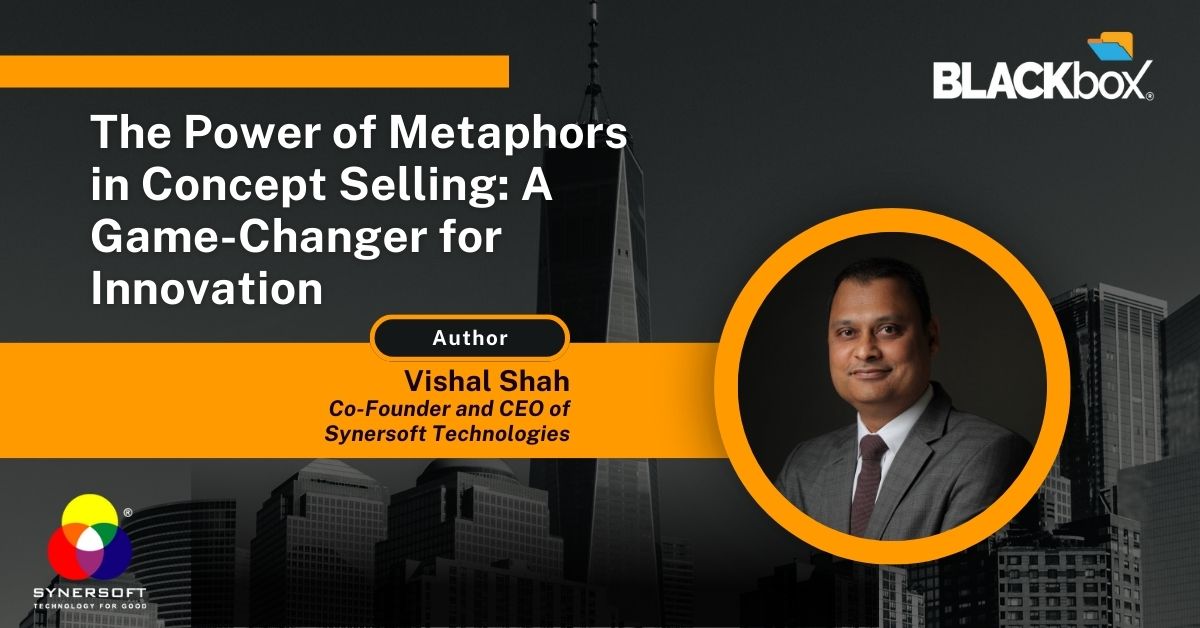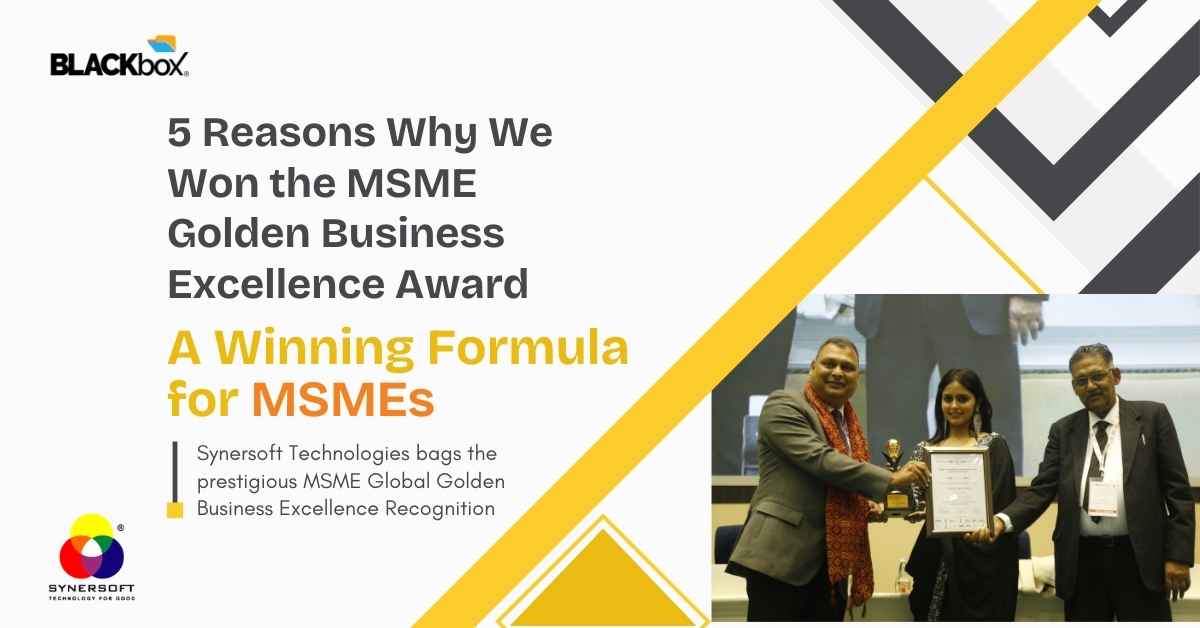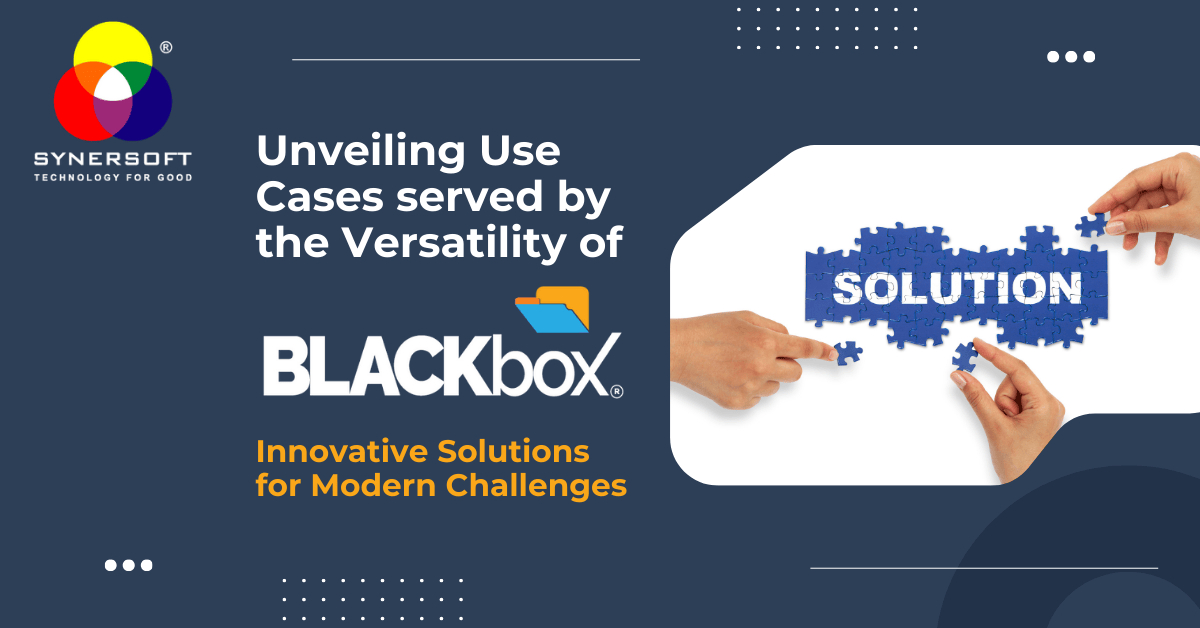The current landscape of the Indian MSME (Micro, Small, and Medium Enterprises) sector is remarkably dynamic. A popular Gujarati saying, “Bagasu Khata Patasu Malyu,” captures this perfectly, meaning that while yawning, a delicious sweet cracker unexpectedly falls into one’s mouth.
Since 2012, MSMEs have been in a sluggish state due to economic slowdowns, followed by demonetization, GST implementation, the Covid-19 pandemic, and the war-driven supply chain crisis. These external factors have created a challenging environment over the past six years. However, the last two years have brought significant improvements for several reasons. Let’s delve into these factors one by one.
Global Shifts: Post-Covid and During War
The Covid-19 crisis highlighted the dominant influence of China on global trade and supply chains, prompting the world to seek a more balanced approach. Additionally, the Russian aggression in Ukraine has led major global markets to look for friendly trade partners. Democracies, compared to pseudo-democracies, are generally preferred. In this context, India, with its robust democratic structure and demographic advantages, stands out as a preferred partner for restoring trade and supply chain balance, especially from the perspective of affluent Western nations.
Economic Growth Centered on MSMEs
The Government of India has consistently implemented reforms, policies, and initiatives to support MSMEs. Policies such as skill development, financial availability, debtor protection, infrastructure development, tax reforms, the Make in India initiative, and Atma Nirbhar Bharat have equipped MSMEs with the necessary capital, skills, and confidence to thrive.
Opportunities and Challenges Ahead
Indian MSMEs are well-positioned to become key vendors for large-scale global factories, turning the vision of “making for the world” into reality. However, they face several challenges, akin to facing a “googly” in cricket—a deceptive ball that changes direction unexpectedly.
The Googly of IT Adoption
Until about five years ago, many MSMEs lagged in IT adoption, often equating IT solely with accounting software. In contrast, multinational corporations (MNCs) are far ahead, having fully digitized operations and adopting smart manufacturing technologies like Artificial Intelligence, Machine Learning, and the Internet of Things (IoT). These MNCs now expect their vendors to keep up with these advancements. Additionally, India’s proposed Personal Data Protection Bill will require companies to implement robust data protection measures.
MSMEs now face heightened competition and stringent IT compliance requirements from MNCs. They must rapidly adopt advanced IT solutions, undergo digitization, and comply with international information security standards. This represents a significant challenge, or “googly,” for Indian MSMEs. To tackle this, they need skilled IT professionals.
Unfortunately, attracting IT talent is difficult for MSMEs, as promising professionals often prefer larger organizations. To meet customer expectations regarding information security compliance, MSMEs must protect all digital assets, including designs, drawings, cost sheets, tender bids, customer data, intellectual property, business data, documents, communications, and transactions. Ensuring business continuity and preventing competitive exploitation necessitates robust data protection and information security measures.
Simplified Solutions for MSMEs
Current data protection and information security solutions are typically designed for large-scale usage, making them complex and expensive. MSMEs need simple, cost-effective solutions.
This is where the IT industry can play a crucial role in empowering Indian MSMEs to succeed on a global scale. There is a significant opportunity for startups to develop affordable, user-friendly products tailored for MSMEs. The emergence of “IT in a Box” products and “One Cloud” services targeted at MSMEs validates this trend. These services provide plug-and-play compliance with information security, data protection, and IT standardization, eliminating the need for dedicated IT talent.
Synersoft’s Contribution
Synersoft has recognized this need early and pioneered the development of “IT in a Box” solutions for MSMEs. Its flagship product, BLACKbox, enables MSMEs to achieve IT standardization, data protection, and information security objectives without the necessity of hiring IT professionals.
About the Author
Vishal Prakash Shah is the founder and CEO of Synersoft. He is a seasoned technology expert, inventor of patented technologies, writer, serial entrepreneur, investor, and a trusted advisor for MSMEs.








